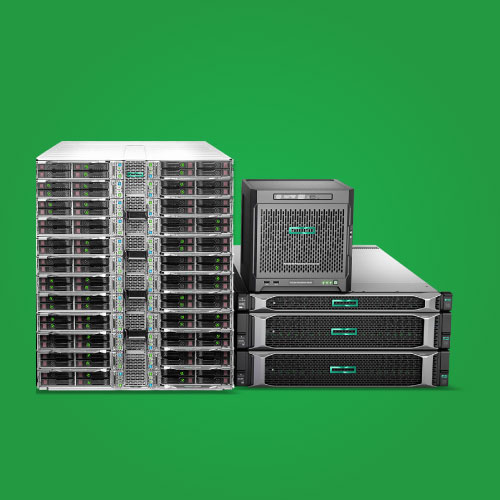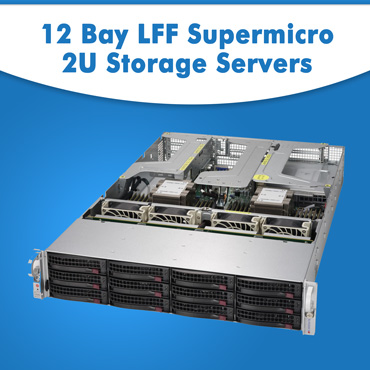Servers Price

Introduction to Server Pricing

When it comes to selecting a server for your business or personal needs, one of the most critical factors to consider is the cost. Server prices can vary widely depending on several factors, including the type of server, its specifications, and the intended use. In this article, we will delve into the world of server pricing, exploring the different types of servers, their prices, and what factors influence these costs.
Types of Servers and Their Prices

There are several types of servers available, each designed for specific purposes and offering varying levels of performance, security, and scalability. The main types include: - Dedicated Servers: These are physical servers dedicated to a single user or organization. Prices can range from 50 to 500 per month, depending on the server’s specifications. - Virtual Private Servers (VPS): A VPS is a virtual server that shares a physical server with other virtual servers. Prices for VPS can start as low as 5 per month and go up to 100 per month. - Cloud Servers: Cloud servers are virtual servers hosted in the cloud, offering scalability and on-demand resource allocation. Pricing for cloud servers varies based on usage, starting from around 5 per month for basic plans. - Shared Servers: Shared servers are the most affordable option, where multiple users share the same server. Prices can start as low as 2 per month but offer limited control and resources.
Factors Influencing Server Prices

Several factors contribute to the final cost of a server, including: - Processor (CPU): The type and number of processors significantly impact the server’s price. High-performance processors from brands like Intel and AMD can increase the cost. - Memory (RAM): The amount of RAM affects the server’s ability to handle multiple tasks simultaneously. More RAM means higher costs. - Storage: The type and capacity of storage (HDD, SSD, NVMe) influence the price. Faster and larger storage solutions are more expensive. - Bandwidth: The amount of data transfer allowed per month affects the pricing, with higher bandwidth limits costing more. - Operating System: The choice of operating system (Windows, Linux, etc.) can impact the cost, with some operating systems requiring additional licensing fees. - Support and Management: The level of support and management services (managed vs. unmanaged) can add to the overall cost.
Server Pricing Comparison

To give you a better understanding, let’s compare the prices of different types of servers from various providers:
| Provider | Server Type | Price |
|---|---|---|
| Provider A | Dedicated Server | 100/month</td> </tr> <tr> <td>Provider B</td> <td>VPS</td> <td>20/month |
| Provider C | Cloud Server | 10/month (basic plan)</td> </tr> <tr> <td>Provider D</td> <td>Shared Server</td> <td>5/month |

💡 Note: Prices may vary based on the specific configurations and locations.
Choosing the Right Server

Selecting the right server involves considering your specific needs, including the type of application or website you’re hosting, the expected traffic, and the level of security and support you require. Here are some points to consider: - Assess Your Needs: Determine the resources (CPU, RAM, storage) you need based on your application or website requirements. - Budget: Set a budget and look for options that fit within it, considering both the initial and recurring costs. - Scalability: Consider whether you need a server that can scale with your growing demands. - Support: Evaluate the level of support and management services you need, and whether they are included in the pricing.
In summary, server prices are influenced by a variety of factors, including the type of server, its specifications, and the level of support and management required. By understanding these factors and assessing your specific needs, you can make an informed decision when choosing a server that fits your budget and requirements.
What is the main factor affecting server prices?

+
The main factors affecting server prices include the type of server, its specifications (such as processor, memory, and storage), and the intended use.
How do I choose the right server for my needs?

+
To choose the right server, assess your specific needs, including the type of application or website you’re hosting, the expected traffic, and the level of security and support you require. Then, consider factors like budget, scalability, and support services.
What is the difference between a dedicated server and a VPS?

+
A dedicated server is a physical server dedicated to a single user or organization, offering full control and resources. A VPS, or Virtual Private Server, is a virtual server that shares a physical server with other virtual servers, offering a balance between cost and performance.



